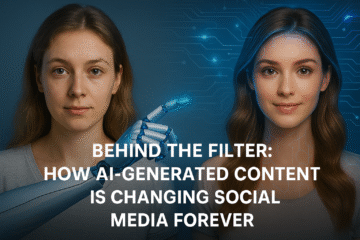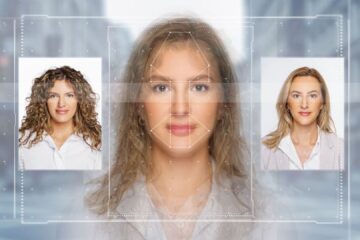What Are Deepfakes — and Are Deepfakes Illegal?
Deepfakes are synthetic videos or audio clips created using artificial intelligence (AI) and machine learning. These tools make it possible to replicate a person’s face or voice in a way that looks and sounds real—sometimes too real.
While this technology is often used in entertainment, education, and even accessibility tools, it has also raised red flags due to its misuse. From political manipulation to non-consensual content, the dark side of deepfakes has triggered concern worldwide.
So, are deepfakes legal or illegal? The answer varies depending on where you live and how the content is used.
🔍 Deepfake Laws Around the World
🇺🇸 United States
The U.S. currently has no federal law that bans deepfakes altogether. However, some states are taking action:
- California: Restricts deepfakes in political campaigns during election periods.
- Texas: Criminalizes deepfake pornography.
- Virginia: Penalizes non-consensual AI-generated sexual imagery.
Enforcement, though, remains inconsistent across state lines.
🇬🇧 United Kingdom
The UK uses existing laws such as:
- The Malicious Communications Act
- Revenge Porn legislation
A new Online Safety Bill is also expected to address AI-generated content more directly by increasing platform accountability.
Enforcement, though, remains inconsistent across state lines.
🔗 For a more detailed legal analysis, see Stanford’s Deepfake Regulation Brief.
🇪🇺 European Union
The EU leads the way in proactive regulation:
- The AI Act will require disclosure for synthetic media.
- GDPR laws protect individuals whose personal data is used without consent in deepfakes.
🇦🇺 Australia
Australia does not yet have a specific law for deepfakes, but it handles abuse through:
- Cyberbullying regulations
- Privacy and defamation laws
The eSafety Commissioner can also intervene to remove harmful content.
Why Knowing the Law Around Deepfakes Matters
Understanding the legality of deepfakes isn’t just for lawyers—it’s essential for everyday internet users. As AI-generated media becomes more accessible and realistic, knowing your rights and digital risks helps you stay protected.
Deepfakes can mislead the public, damage reputations, and undermine trust in visual evidence. Whether you’re a content creator, viewer, or policymaker, being informed is key.
👉 Want to learn how to spot fake videos and AI-generated images?
🎯 Take our Quiz
📘 Also see: Can Deepfakes Be Used for Good? 5 Surprising Use Cases of AI Deepfakes



1 Comment
aziz · April 25, 2025 at 9:03 pm
good article